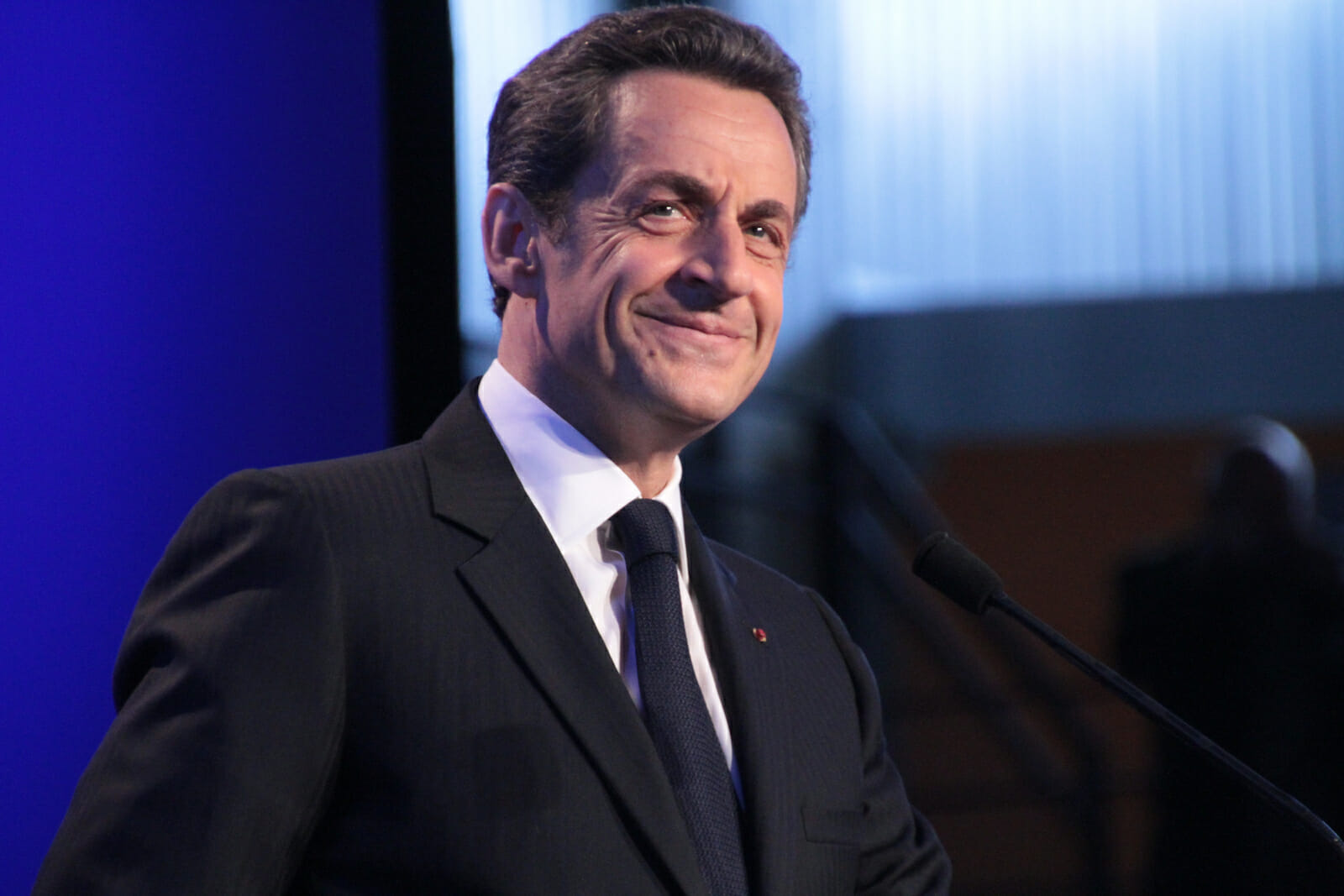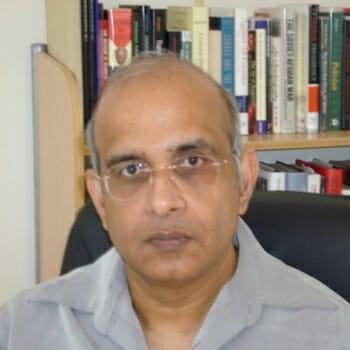
Boomerang
Toulouse, Europe’s aerospace hub in the southwest of France, has hit the headlines for the wrong reasons. A twenty-three-year-old French citizen of Algerian origin, Mohamed Merah, went on a shooting spree last month, killing seven people and terrorizing a million residents for ten days before a police sniper’s bullet ended his life. Among his victims were three unarmed soldiers, a rabbi and three children at a Jewish school. According to prosecutors privy to negotiations with Merah during the thirty-hour siege where he met his end, his only regret was “not having claimed more victims.” Mohamed Merah reportedly said that he was proud of having “brought France to its knees.”
Mohamed Merah had many more years to live had it not been for his final act. Life was, however, not important to him. He claimed to have been motivated by the Palestinians’ plight, the presence of French troops in Afghanistan and the law banning the full veil in France. These issues challenge the conscience of many people. But a young man depriving fellow citizens of life, and throwing away his own, cannot constitute a solution.
What is known about Merah’s short life does not suggest that he was particularly religious. He frequented bars and nightclubs in his hometown. He had displayed other imperfections of a disturbed youth––petty crime, driving without license and fistfights.
In this light, Merah’s assertion of belonging to al Qaeda is more likely to have been an exaggeration or empty boast than a serious claim to infamy. It has prompted some sections of the media to run with speculation, without much evidence, that Merah was affiliated to al Qaeda and the Taliban. French police are investigating whether he visited Afghanistan, but indications of any ideological twist are thin. For Mohamed Merah was not a devout Muslim.
We must mourn Mohamed Merah’s victims and express sympathy for their relatives and friends whose lives have been shattered. It was a needless act of revenge on people whose only fault was to belong to the French armed forces, or to the Jewish community. Worse, his victims included children. Thus if it is right to condemn the recent massacre of innocent Afghans in Kandahar, then it is also right to condemn the killings in Toulouse. That children were among the victims in both places is particularly distressing and requires reflection on our part.
As in the context of Kandahar, there is a context of Toulouse. Kandahar is one of Afghanistan’s Pashtun-dominated provinces, the stronghold of Taliban-led resistance to foreign military forces, who regularly launch night raids in local residents’ homes to hunt for men described as Taliban, their militant supporters and sympathizers. The American soldier, St. Sgt. Robert Bales, charged with seventeen murders after the Kandahar massacre, was flown out to the United States for a possible military trial that could take years. Mohamed Merah, born and raised in deprived immigrant neighborhoods in France, was condemned as the guilty killer, his life ended by a sniper’s bullet.
A country of just under sixty-five million people, France has a twenty percent immigrant population. Many came from French-speaking Africa or were born and raised in France. Unemployment among them is high. Living conditions in immigrant neighborhoods are harsh. There are areas where petty crime is rampant, reinforced by economic failure. Mohamed Merah’s crime cannot be condoned by these factors. But he was one of the many to have become disconnected from French society, where the anti-immigrant and anti-Muslim sentiments are virulent. With one in seven French voters projected to support the far-right Front National in the first round of the coming presidential election, politicians have not hesitated to make an issue of the race.
Even President Nicolas Sarkozy, son of a Hungarian immigrant family, says there are too many foreigners in the country, and that he would reduce their numbers if he wins a second term. The September 11, 2001 attacks were compared to the Japanese air assault on Pearl Harbor during the Second World War. For Western politicians dressed up with ambition and agenda, 9/11 has become the benchmark for discussion on any militant act by a non-state group or individual. Sarkozy is the latest to jump on the 9/11 bandwagon.
In the midst of deep economic and social problems, Sarkozy faces an uphill election battle against the Socialist candidate Francois Hollande. With support for the far-right running around fifteen percent, the real battle is for that vote in the second round after the Front National candidate, Marine Le Pen has been eliminated in the first. In a frantic bid for that vote, Sarkozy’s campaign has been moving to the right, steadily and dangerously.
The immigrant population of France feels targeted by a series of new laws. A combination of coercive measures to force people of non-European origins to conform to the “French way of life,” socio-economic problems, lack of opportunities and perceived loss of identity is causing a boomerang effect in French society. And it is forcing young individuals from vulnerable communities to go on a luckless search for identity and causes which they do not fully comprehend. Mohamed Merah reflects this phenomenon.

